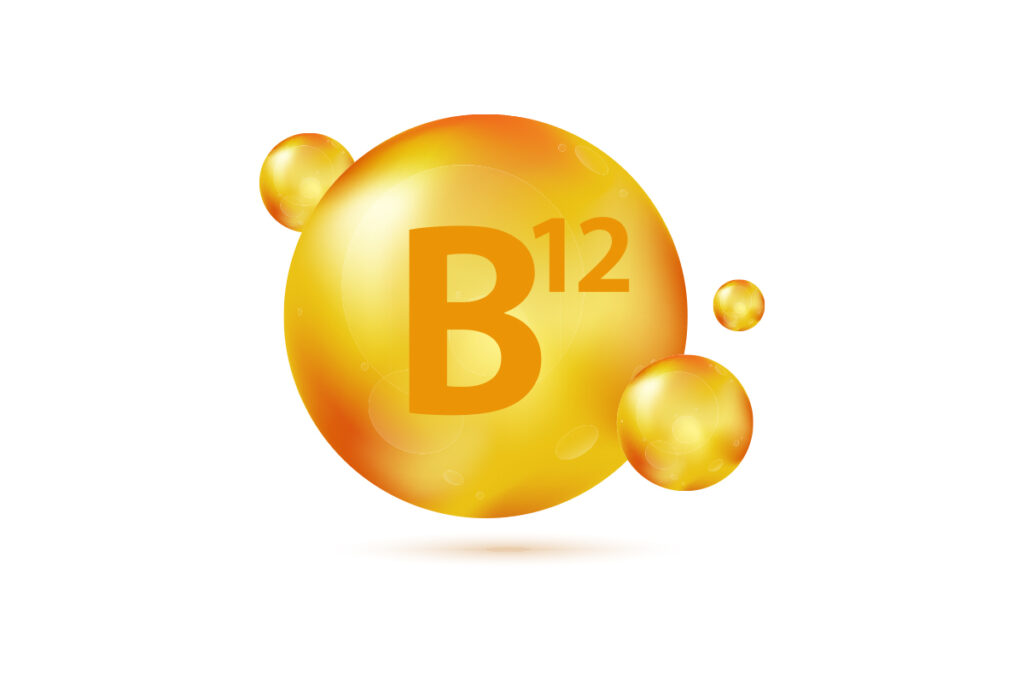The American Cancer Society estimates there will be more than 98,000 new cases of gynecologic cancer in the U.S. during 2015. Protect yourself by learning the signs.
Expert Advice :
All women should start getting regular Pap tests at age 21. If your Pap test results are normal, your doctor may tell you that you do not need another Pap test for three years. If you are 30 or older, you may choose to have an HPV test at the same time as your Pap test. If the results are normal, your doctor may then tell you that you can wait up to five years for your next screening.
Source: Centers for Disease
Control and Prevention (CDC)
Gynecologic Cancer 101 Gynecologic cancers, or reproductive cancers, are any cancers that starts in a woman’s reproductive organs. The five main types of gynecologic cancer in order of prevalence are:
Uterine cancer, also referred to as endometrial cancer, is cancer that begins in the uterus. The American Cancer Society estimates 54, 870 new cases this year.
Ovarian cancer is cancer that begins in the ovaries. The American Cancer Society estimates 21,290 new cases this year.
Cervical cancer is cancer that begins in the cervix. The American Cancer Society estimates 12,340 new cases this year.
Vulvar cancer is cancer that begins in the vulva. The American Cancer Society estimates 5,150 new cases this year.
Vaginal cancer is cancer that begins in the vagina. The American Cancer Society estimates 4,070 new cases this year.
Listening to Your Body As with most cancers, the earlier gynecologic cancers are found and treated, the better. Since there is no simple and reliable way to screen for any gynecological cancer except cervical cancer, it is especially important to recognize warning signs and learn what you can do to reduce your risk.
Some common gynecologic cancer symptoms to look for include abnormal vaginal bleeding or discharge, pelvic pain or pressure, abdominal or back pain, bloating, changes in bathroom habits (increased urination, constipation, diarrhea), itching or burning of the vulva, and changes in vulva color or skin (rash, sores, warts, ulcers).
Remember: every woman is different. Pay attention to your body and know what is normal for you. If you have any abnormal vaginal bleeding, or if you have any other signs and symptoms of gynecologic cancer for two weeks or longer and they are not normal for you, talk to a doctor right away.
Pap Testing and HPV Testing Pap testing and HPV testing can help lower your chance of getting certain gynecologic cancers or help you find them early.
A Pap test (or Pap smear) is a screening test for cervical cancer. Current recommendations indicate that women should start getting regular Pap tests at age 21.
An HPV test is a screening test for human papillomavirus (HPV) infections. HPV infections that do not go away increase a woman’s risk of getting several types of gynecologic cancer, including cervical, vaginal, and vulvar. If you are 30 years old or older, you may choose to have an HPV test along with the Pap test.




